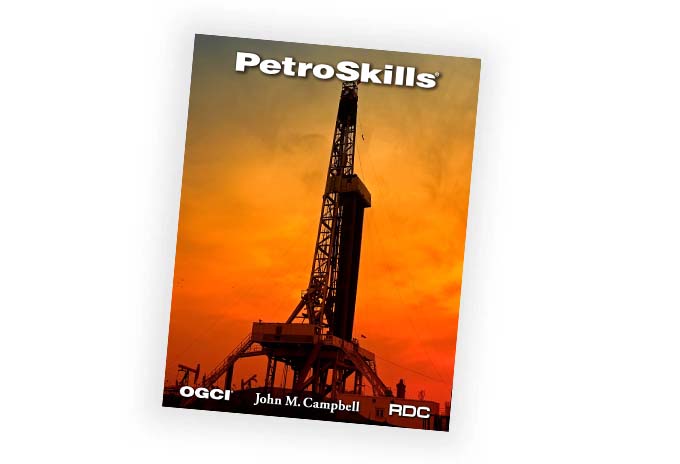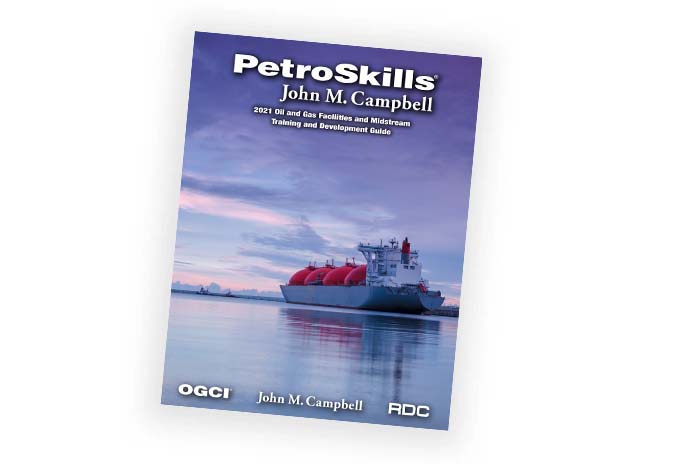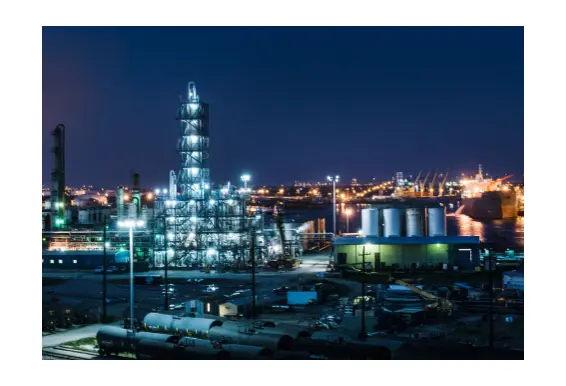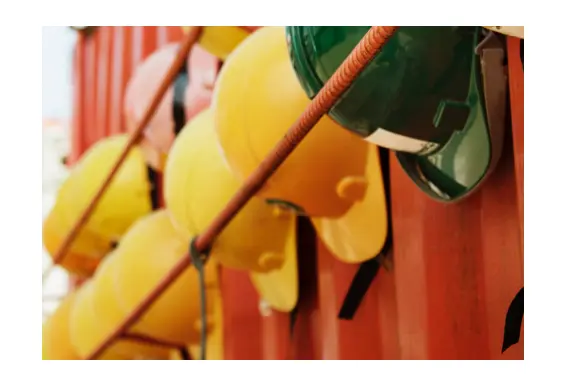Performance Analysis, Prediction, and Optimization Using Nodal Analysis - PO2
About the Course
Nodal analysis views the total producing system as a group of components potentially encompassing reservoir rock/irregularities, completions (gravel pack, open/closed perforations, open hole), vertical flow strings, restrictions, multi-lateral branches, horizontal/hilly terrain flow lines/risers, integrated gathering networks, compressors, pump stations, metering locations, and market/system rate/pressure constraints. An improper design of any one component, or a mismatch of components, adversely affects the performance of the entire system. The chief function of a system-wide analysis is to increase well rates. It identifies bottlenecks and serves as a framework for the design of efficient field wide flow systems, including wells, artificial lift, gathering lines and manifolds. Together with reservoir simulation and analytical tools, Nodal analysis is used in planning new field development. Initially, this technology was applied using pressure traverse curves and simple PI models. Now state-of-the-art software programs have enabled a well-trained engineer to concentrate on matching field data, interpreting results, and understanding a system's interdependencies. Software is used extensively during the class and the participant is encouraged to bring his/her own laptop and nodal software. However, if the attendee chooses not to supply his/her own software, nodal analysis, and gas deliverability planning programs can be provided. One personal computer is provided, at additional cost, for each two participants.
Alternatively, a NODAL Analysis Workshop is available via PetroAcademy.
"The real world examples helped us (having to identify errors on reports). Also using SNAP to solve the problems and get experience using computer models." - Drilling Engineer 1
"The instructor made the class interesting, applicable, and enjoyable. He knows his stuff!" - Petroleum Engineer
Target Audience
Production, operations, and reservoir engineers; senior technicians and field supervisors with an engineering background.You Will Learn
Participants will learn how to:
- Apply nodal analysis concepts viewing the total producing system as a whole from the reservoir rock through the completion, well bore and gathering system, to the market while honoring system rate/pressure constraints
- Avoid improper design where any one component, or a mismatch of components, adversely affects the performance of the entire system
- Perform a system-wide analysis to increase well rates by identifying bottlenecks and design an efficient field-wide flow system, including wells, artificial lift, gathering lines, and manifolds
- Use nodal analysis, together with reservoir simulation and analytical tools, for planning new field development
Course Content
- Nodal Analysis Overview
- Inflow Performance: Basics, well-test pros and cons, best models for all well types, IPR curves
- Completions: Modeling basics, flow patterns in gravel packs, pressure drop in perforations, gravel packs and wellbore, optimal perforation density
- Tubing Performance: Videos of flow patterns, flow dynamics, logging in horizontal wells, slugging and pressure changes in all completion types, friction drop in horizontal wells, unloading techniques and examples
- Flowlines: Pressure drop models, bottlenecks in a gathering network, line loops and jumpers, gathering systems
- Forecast: Field forecasts, economic optimization, evaluation of options
- Artificial Lift: Gas lift design, ESP and other methods basics
- Liquid in gas streams, what is a dry gas well, loaded wells, predicting temperatures
Product Details
Categories:
UpstreamDisciplines:
Production and Completions EngineeringLevels:
FoundationProduct Type:
CourseFormats Available:
In-ClassroomAdditional
Request a Public Session
If you are interested in a public session of this course, please click the button below to request it.
Request Public SessionIn-House Training
This course is also available upon request as a private, on-site seminar. Contact us for details and pricing.
Request In-House TrainingNeed Help
Contact us if you have additional questions about how to register for or attend this course.
Contact Us



